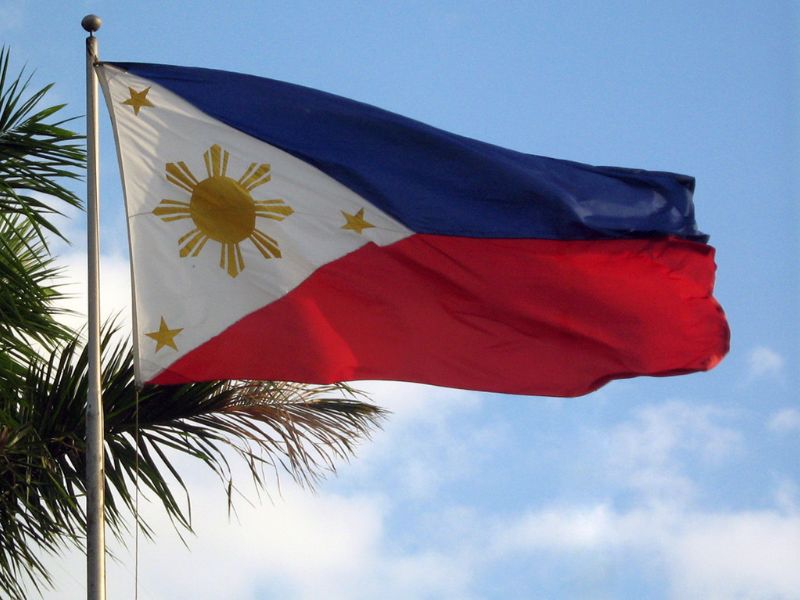BARMM Prepares for Influential First Parliamentary Elections in 2025

8/19/2024 Philippines (International Christian Concern) — Leaders from eight political parties in the Bangsamoro Autonomous Region in Muslim Mindanao (BARMM) are preparing for the region’s first parliamentary elections next year. The leaders have pledged to collaborate to ensure that the elections — which could influence religious freedom in the region — are conducted fairly, credibly, and peacefully.
The leaders convened privately at a forum organized by the Westminster Foundation for Democracy (WFD), a U.K.-based organization that promotes democratic governance globally. The WFD has supported the Bangsamoro parliament and helped develop the region’s political party system.
In a post-forum press briefing, the leaders reaffirmed their commitment to protecting the integrity of the BARMM elections, which will coincide with the 2025 midterm elections.
National Security Adviser Eduardo Año stressed the importance of ensuring a smooth electoral process, urging the Armed Forces of the Philippines, the Philippine National Police, and the Commission on Elections to work together in overseeing BARMM’s first parliamentary vote.
This election will mark the first time residents of BARMM will vote for their parliamentary representatives. The region, established in 2019 following a 2014 peace agreement between the government and the Moro Islamic Liberation Front (MILF), is currently governed by an interim parliament appointed by the president. BARMM encompasses the provinces of Sulu, Basilan, Lanao del Sur, Maguindanao, and Tawi-Tawi.
The 2025 elections could also significantly affect religious freedom in the region, particularly for Christian migrants. If the newly elected leaders emphasize inclusivity and uphold religious freedom, Christian migrants may enjoy better protection of their rights to worship and practice their faith without fear of discrimination or persecution. In a Muslim-majority region like BARMM, safeguarding the rights of religious minorities is essential for fostering harmony.
The new parliament could introduce laws that further guarantee religious freedoms, ensuring respect for all faiths — whether Islam, Christianity, or others. Focusing on interfaith dialogue and tolerance may also help Christian migrants feel more secure in openly practicing their religion.
The election’s outcome could influence local relations between Muslim and Christian communities. If the elected parliament promotes respect and diversity, it could foster peaceful coexistence. Conversely, neglecting religious freedom might exacerbate tensions between the two groups.
A peaceful and credible election is likely to enhance regional stability. For Christian migrants, this could result in a safer and more peaceful environment to live and work in, as new leadership would ideally prioritize maintaining law and order.
Ultimately, the effect on religious freedom will depend on the elected leaders’ commitment to upholding constitutional rights and promoting a culture of tolerance and respect for all faiths.
To read more news stories, visit the ICC Newsroom. For interviews, please email press@persecution.org.
For interviews, please email press@persecution.org
